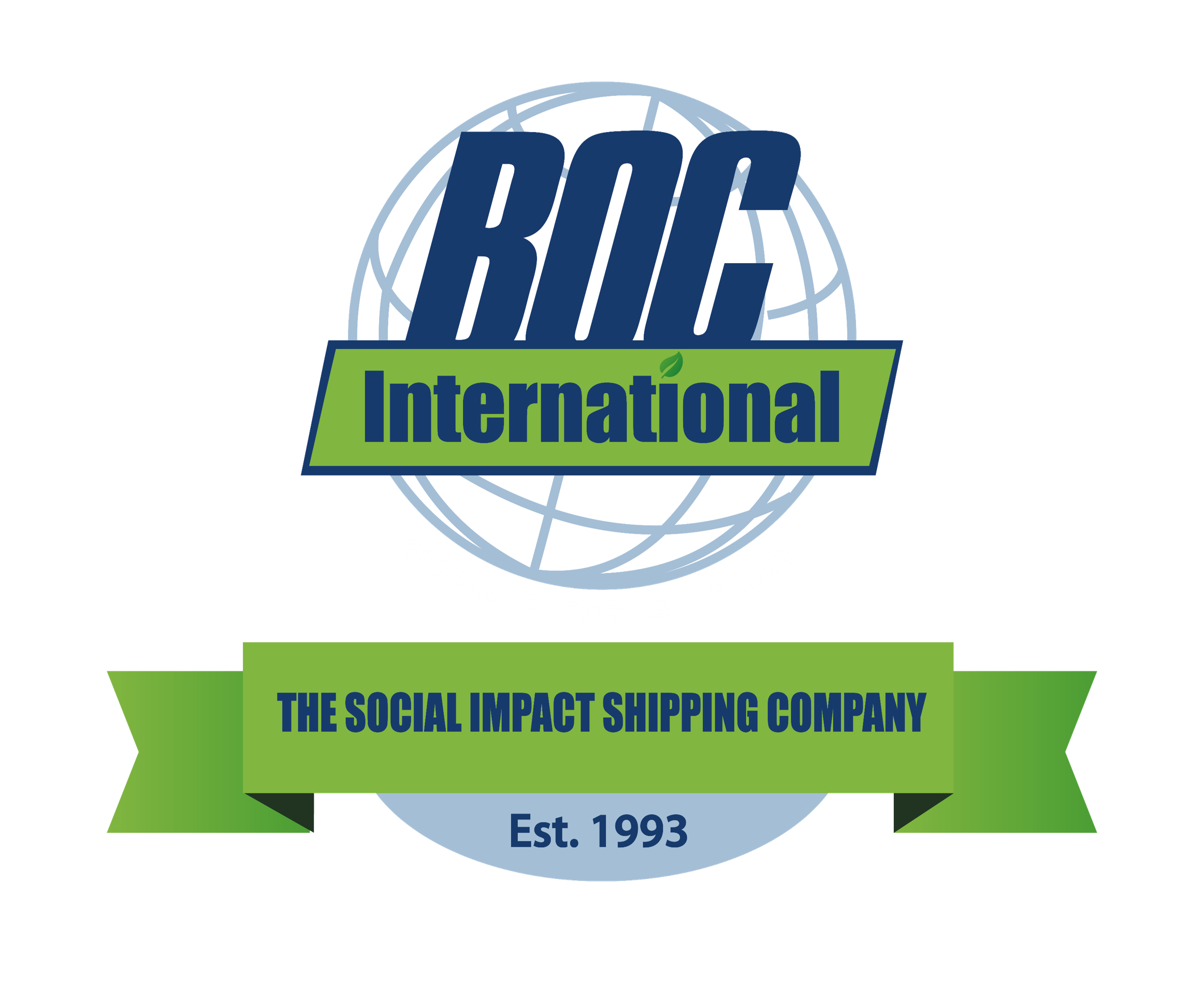
Søren Skou warns of new logistics chaos: “If it ends in strike, then it all shuts down”
A.P. Møller-Maersk watches a looming US labor conflict closely, which may worsen bottlenecks at the country’s key ports and stir up problems in the entire supply chain.

BY NIKLAS KRIGSLUND
(Excerpted from ShippingWatch.com)
Just as the world catches a glimpse of an end to the coronavirus pandemic’s logistical chaos, A.P. Møller-Maersk warns that a new challenge threatens to disrupt supply chains and keep freight rates high.
This summer, dock workers on the US west coast are up for a new labor agreement. If negotiations break down, it may result in new, serious bottlenecks that may exceed the problems which culminated towards the end of 2021.
“There is no doubt that it’s not going to be easy negotiations, and a lot is at stake,” says A.P. Møller-Maersk CEO Søren Skou, furthermore pointing out that the agreement covers all ports on the west coast.
“If it ends in strike, then it all shuts down,” predicts the top exec of the Danish group, which operates the largest terminal in Los Angeles through its port company, APM Terminals.
Bottlenecks at the two key ports Long Beach and Los Angeles are the paramount reason why it’s still very expensive and difficult to buy freight space onboard container vessels.
Therefore, the consequences of a labor conflict and new traffic congestions will quickly spread to the entire supply chain and ultimately affect Danish companies and their customers.
“When ships can’t unload in the US, then they can’t go back to China to be refilled. That will extend the delivery time and increase prices. That goes for Danish companies and customers as well,” says Nordea Group Chief Economist Helge J. Pedersen.
“A continuation of high transportation prices will also increase the pressure from inflation and limit the world economy upswing,” he adds.
Interest group the Confederation of Danish Industry (DI) also keeps an eye on the situation on the US west coast. General manager of DI’s US office Louis Funder assesses that a conflict will first and foremost affect the many Danish companies dependent on bringing goods in and out of the country.
“It will typically be production companies, which gather their goods in the US before sending them out to their US customers. I’ve also spoken to a large Danish wine importer, who has had difficulties bringing wine out of the country. So actually, it goes both ways when there are problems,” says Funder. Right now, 56 ships able to accommodate 450,000 containers are waiting outside Long Beach and Los Angeles.
When congestion was at its worst shortly before Christmas, 85 vessels were queued up, according to figures by analyst firm VesselsValue.
A strike will put even further pressure on the ports, which are already short on dock workers, truck drivers and storage space to handle the significant increase in US purchasing of Chinese goods during the pandemic.
“Therefore, any protracted strike action could conceivably cause queue numbers to spike even higher than the previous peak,” states Vivek Srivastava, senior trade analyst at VesselsValue.
It is dock workers’ union the International Longshore and Warehouse Union (ILWU) and major carriers and port companies’ organization the Pacific Maritime Association (PMA) that are negotiating a deal.
The current labor agreement was extended last year and expires in July. It applies to 29 ports and covers wages and work conditions, among other things. The biggest issue, however, is expected to be the automation of ports, which the workers are fundamentally skeptical towards.
In November 2021, PMA tried to renew the current deal for another year in order to avoid a conflict at a time when supply chains are highly vulnerable, but the attempt was rejected by the workers.
They feel that they ought to be rewarded for their effort during the pandemic during which they have struggled as never before and fought Covid contamination, while carriers such as Maersk have reeled in historic amounts of money.
In an editorial in the latest issue of ILWU’s member magazine, The Dispatcher, fronts are drawn up sharply.
“It’s time to decide which side we’re on: That of the foreign shipping companies that are profiteering from the pandemic, or that of US farmers, manufacturers, dockworkers and truckers who deserve to earn a family wage,” writes ILWU Coast Committeeman Frank Ponce De Leon.
A.P. Møller-Maersk operates the largest container terminal in Los Angeles and has been hit by protests before. In 2012, the administrative staff were unhappy because they felt that their work was being increasingly outsourced.
Previous negotiations also show that it usually has been extremely difficult to reach an agreement, and that political interference is often needed in order to land a deal and avoid ports halting operations.
In 2002, employers started a lockout lasting for ten days. And in 2014-2015, work progressed at a very slow pace for four months, while negotiations took place. Both times, the governments at the time under, respectively, George W. Bush and Barack Obama had to step in for the situation to be solved.
The current negotiations will begin properly in April and will be followed closely this time again by the US president, in this case Joe Biden, who has a major focus on putting the rogue inflation to a halt, which, according to major bank UBS, can be traced back to freight prices to a certain extent.

